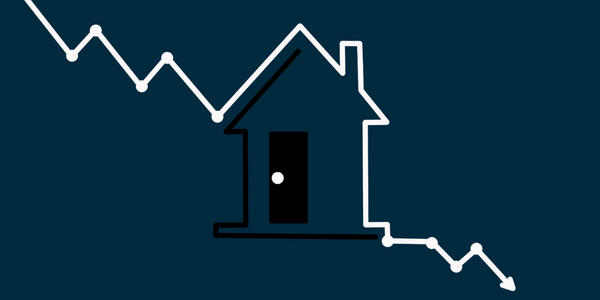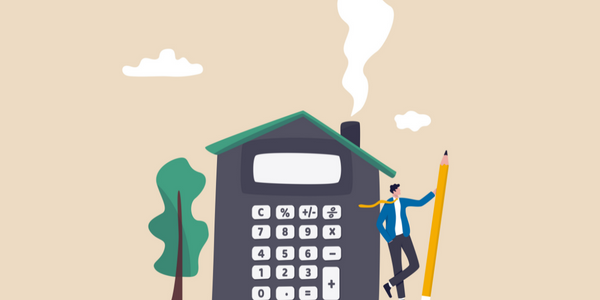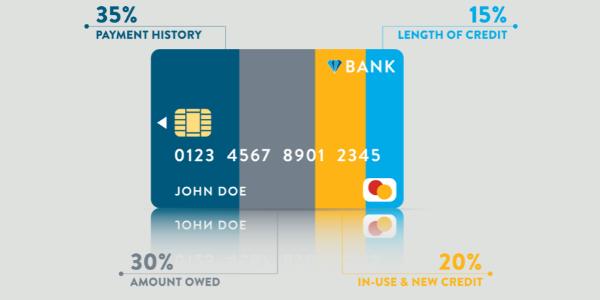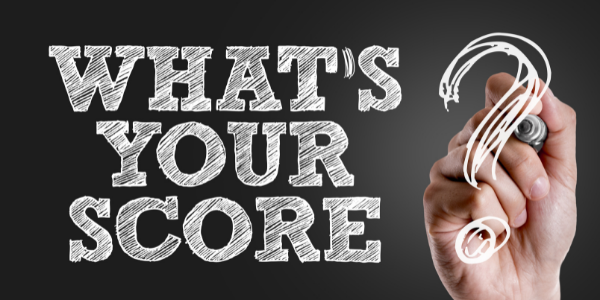
Higher interest rate environments can make it difficult to buy a home, but there are silver linings and workarounds. The good news is that higher interest rates often mean less competition, lower prices, and eager sellers. These sellers can be more willing to consider concessions than they would have been in a hotter market. Today you may be able to negotiate who pays for many closing costs, including mortgage discount points.

There’s an alternative to buying points, however, that homebuyers should understand. It can significantly lower the interest rate on your mortgage payment for the first several years of the mortgage. It’s called a 3-2-1 buydown, and it can help combat these higher interest rates.
What Is a 3-2-1 Buydown?
A 3-2-1 buydown temporarily lowers the interest rate on your mortgage by 3 percentage points the first year, 2 percentage points the second year, and 1 percentage point the third year. After that time, your mortgage will revert to the original rate.
This is a huge deal with interest rates at their current levels. Suppose you lock in your mortgage with the annual percentage rate (APR) at 6%. If you purchased a 3-2-1 buydown mortgage, your rate would be 3% in year one, 4% in year two, and 5% in year three, wrapping up with the agreed-upon 6% note rate for the remainder of the loan term.
This program was created to give buyers a little breathing room when higher interest rates threaten to derail their dream of homeownership. A 3 percentage point difference in your mortgage loan can make a significant impact on your monthly payment.
This program can also free up cash at a critical time after you purchase a home. Remember that a down payment, closing costs, and moving expenses can be very expensive. The money you save with temporary buydowns such as a 3-2-1 buydown can replenish the savings or emergency fund that you might have exhausted to pay for these expenses.
Your savings can also be put toward furniture purchases or repairs and upgrades for your new home. You don’t want to max out your credit cards on these items, which negatively affects your credit score. Instead, put the money you’re saving to work for you.
How Can I Use the 3-2-1 Buydown to My Advantage?
Three years is a long time in the mortgage industry. You’ve seen how quickly the daily and weekly mortgage rates can change. The 3-2-1 buydown can get you through the current interest rate hike, but it can also position you to refinance after the program ends in three years. At that time—as long as your home equity is at least 20%—you can consider refinancing to a lower permanent rate.
This is assuming that 30-year fixed rate mortgages will be lower at that time, although no one knows what the Federal Reserve will do three years from now. If rates do increase, you’re still ahead of the game with the mortgage rate you originally locked in.
This makes a 3-2-1 temporary buydown a win-win for homebuyers!
Who Pays for a 3-2-1 Buydown?
A 3-2-1 buydown can be paid for by the seller, homebuilder, or even the mortgage lender. This is a popular concession among sellers who are eager to sell for one reason or another. It often allows them to achieve the full asking price on their home, while also incentivizing buyers to invest in real estate.
What’s the Difference Between a 3-2-1 Buydown and Buying Discount Points?
The difference between 3-2-1 temporary buydowns and discount points all comes down to rate and timing. You know you’ll get to chop entire percentage points off your interest rate during the first three years of your loan term with the 3-2-1 buydown. Permanent buydowns such as discount points, on the other hand, lower your rate by a smaller amount—generally 0.125 to 0.5 percentage points—for the entire life of the loan.
Here’s where you need to weigh your options. Naturally, that 3 percentage point APR savings is an attractive benefit, but saving half a percentage point on a 30-year fixed rate mortgage is valuable, too. That equates to a lot of savings over time.
Buying mortgage points can be the way to go if you plan to stay in your home a long time, because you want to make sure you achieve your “breakeven.” This is the point at which the money you’ve saved on the permanent interest rate discount outweighs the upfront costs you (or the seller) paid for that discount. This breakeven is generally achieved around year five of your home loan.
An additional item to consider is how comfortable you are with the interest rate you’re locking in. You want to make sure this is an interest rate you can live with after the three-year period on a 3-2-1 buydown ends, because it will be your permanent mortgage rate for the remaining years of the loan. The option to refinance as long as you’ve built up enough home equity is available, but there’s no guarantee that rates will be low enough to count on that.
Taking all this into account, the 3-2-1 buydown is still a very attractive option for buyers when interest rates are high.
We know these are important decisions, which is why APM is always here to walk you through them. We can explore the various scenarios with you, outlining how much you’d save with each option: Call APM today to get started.







